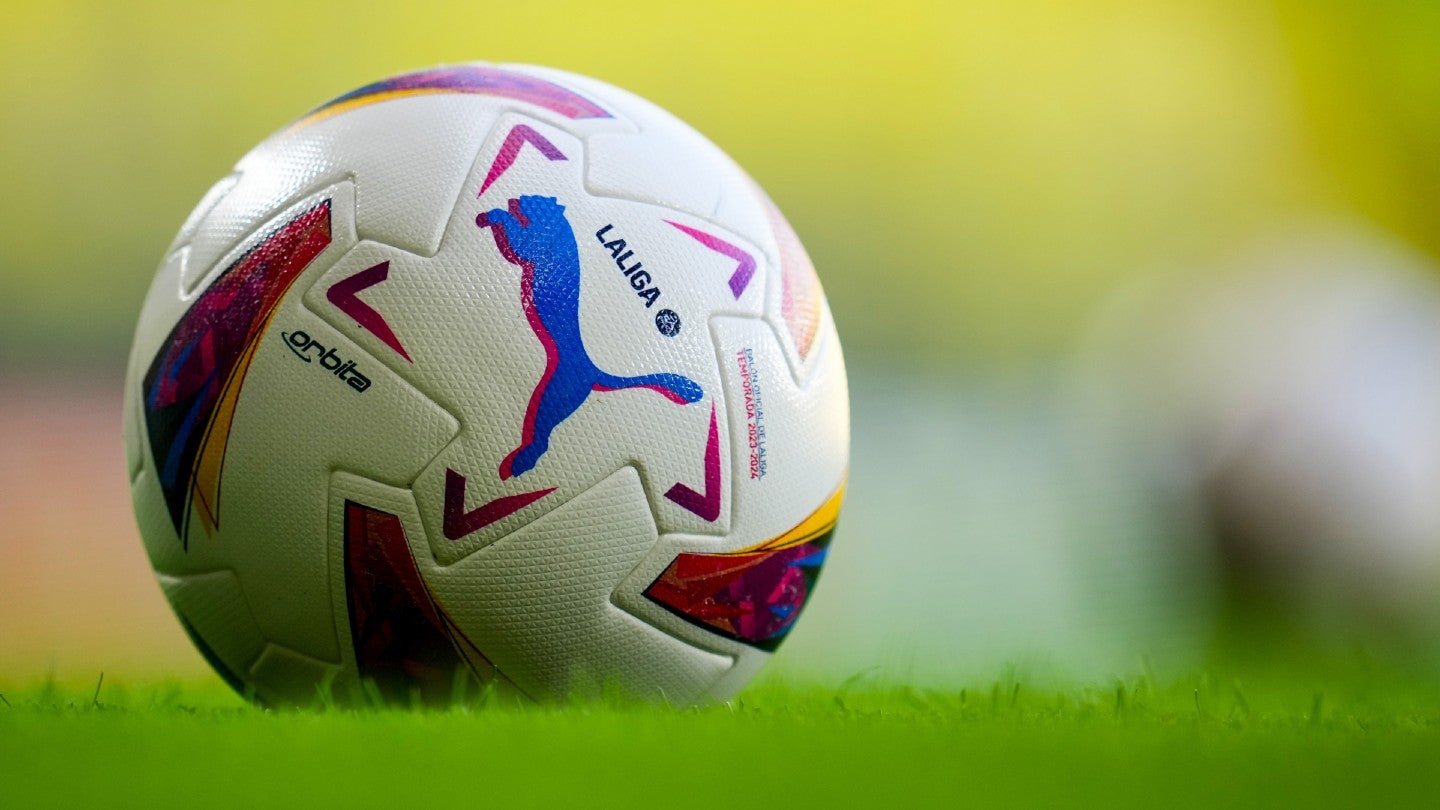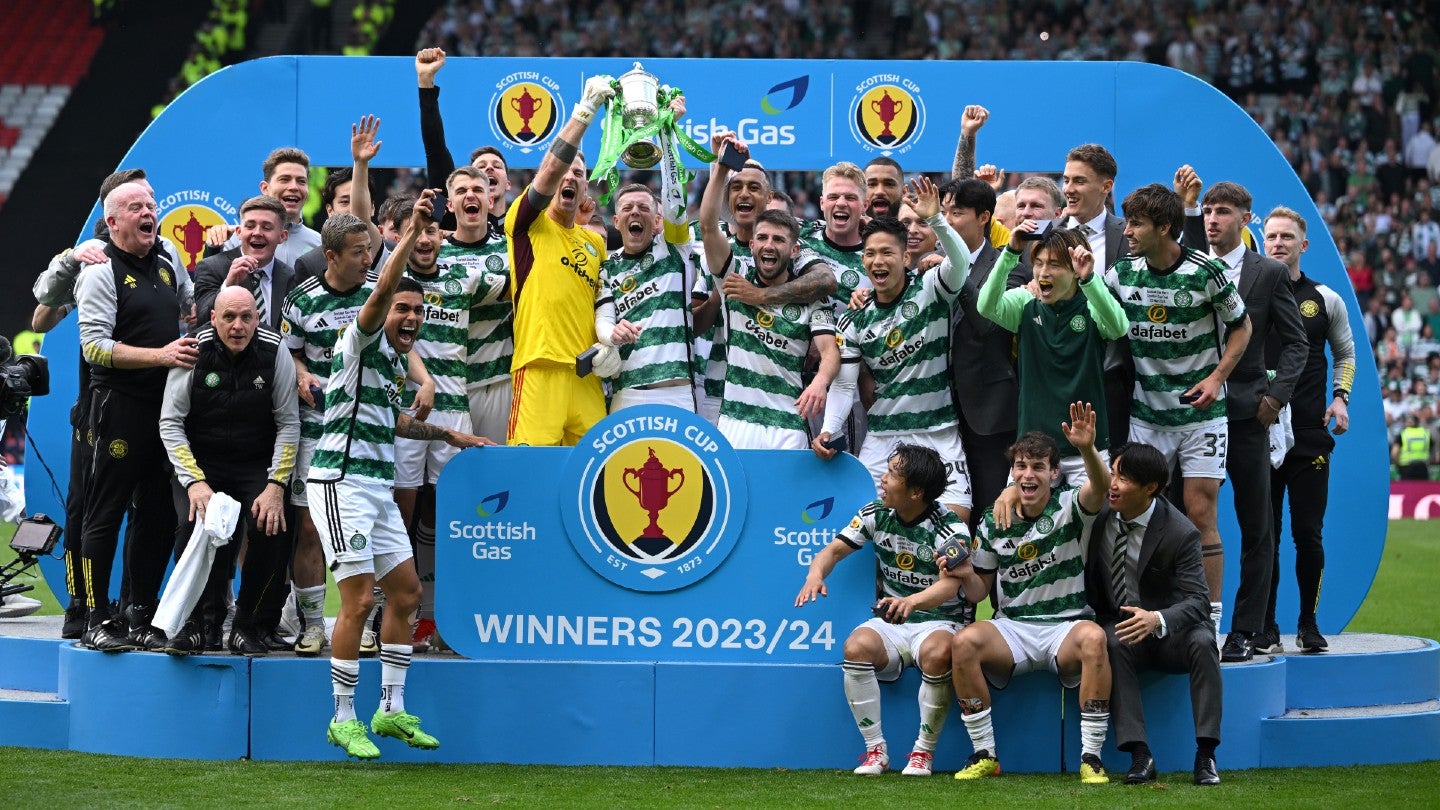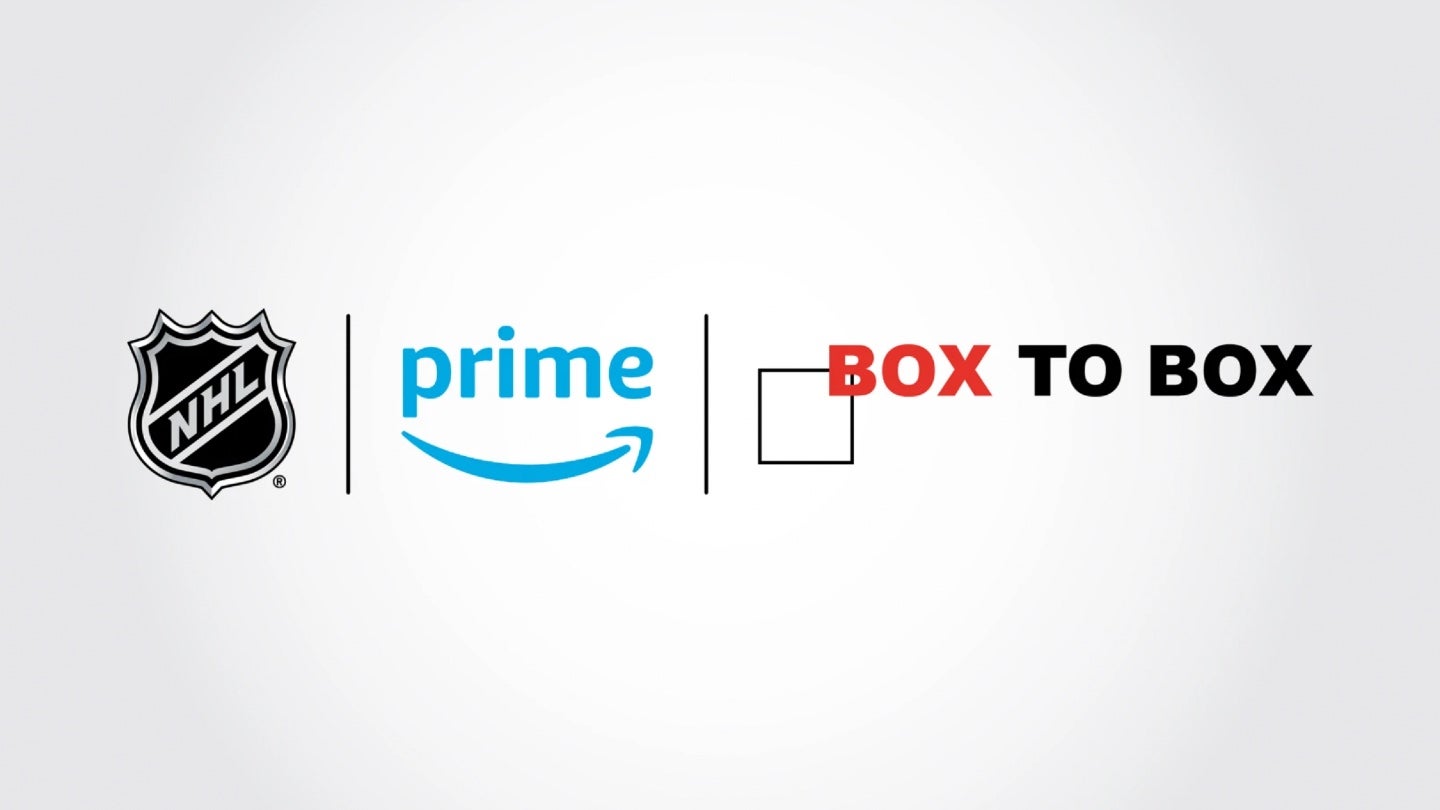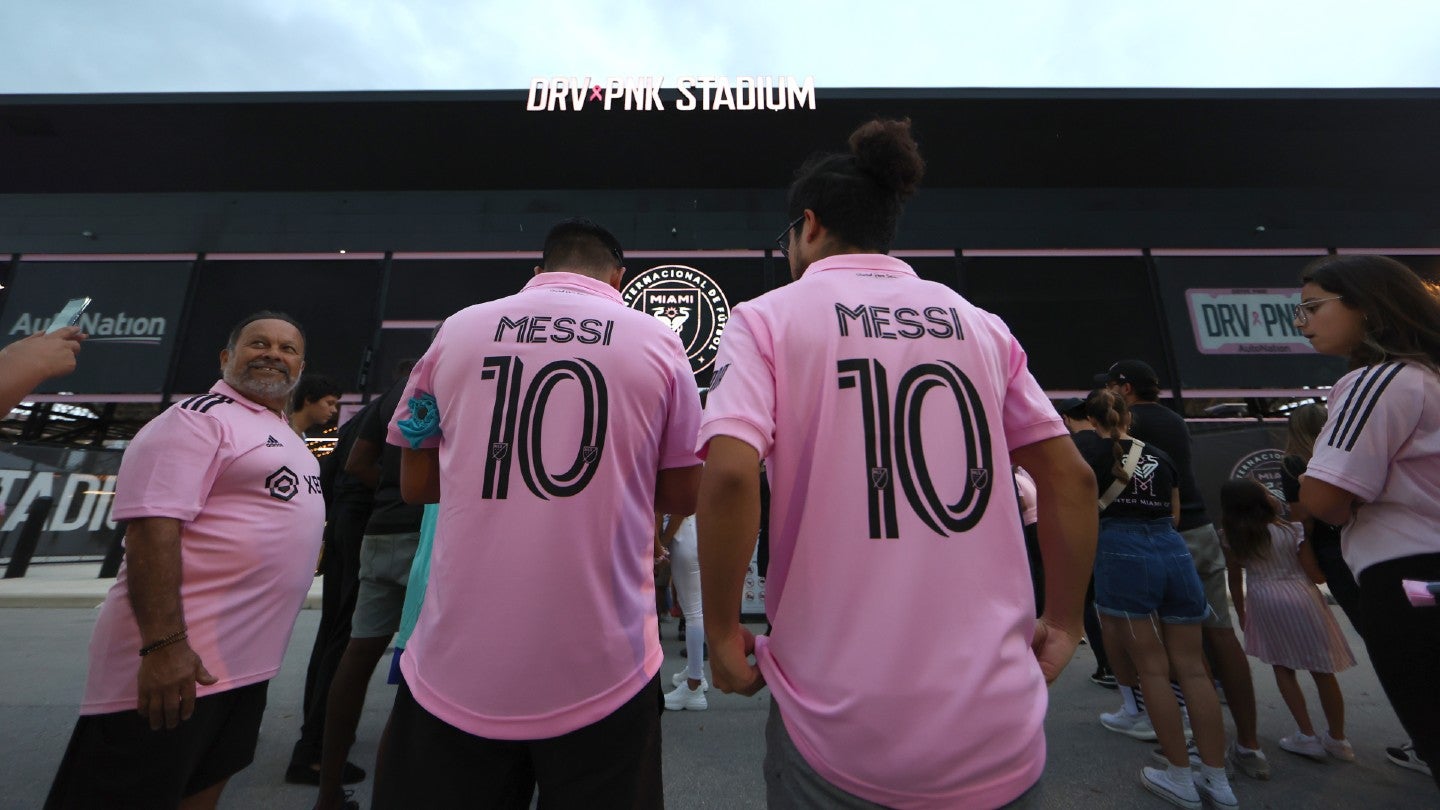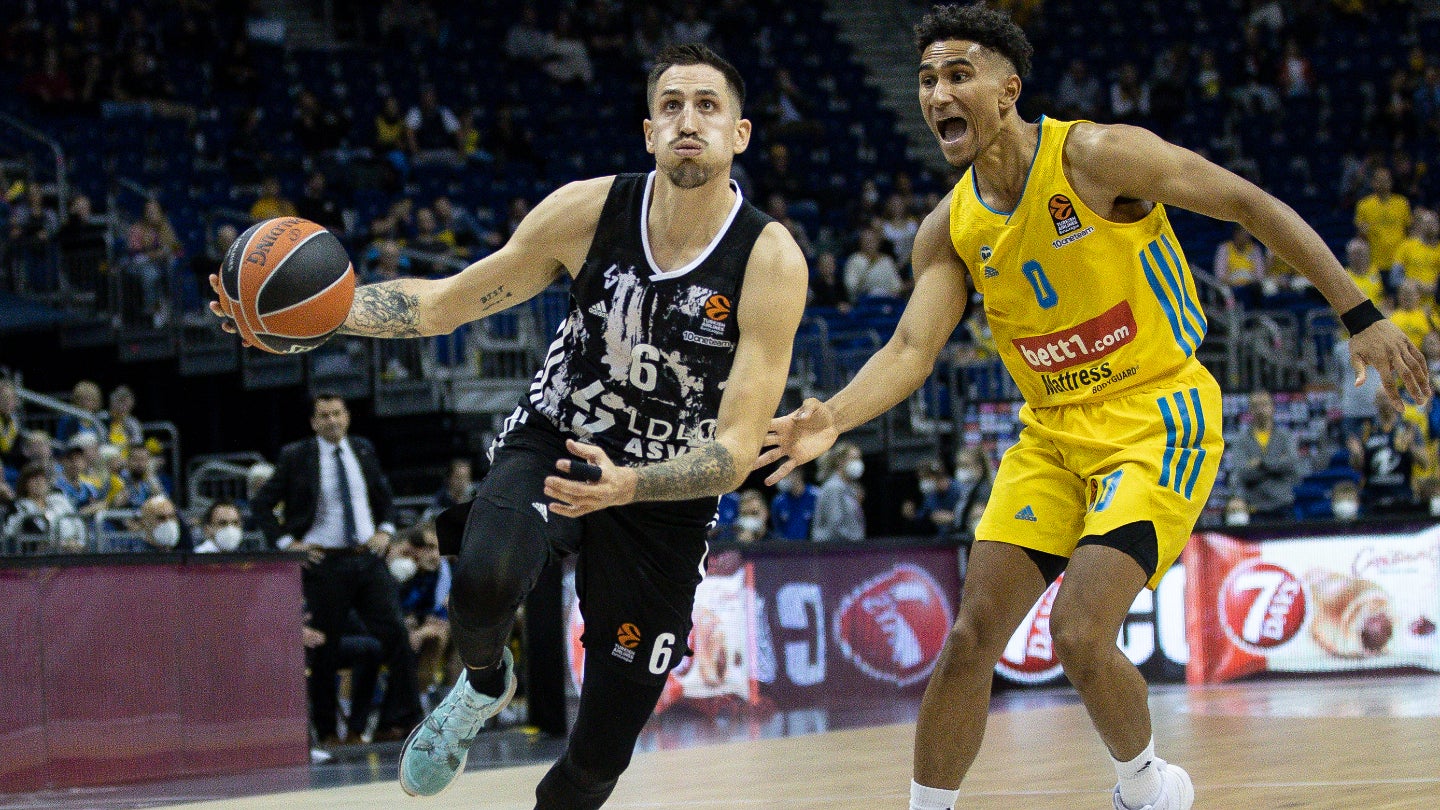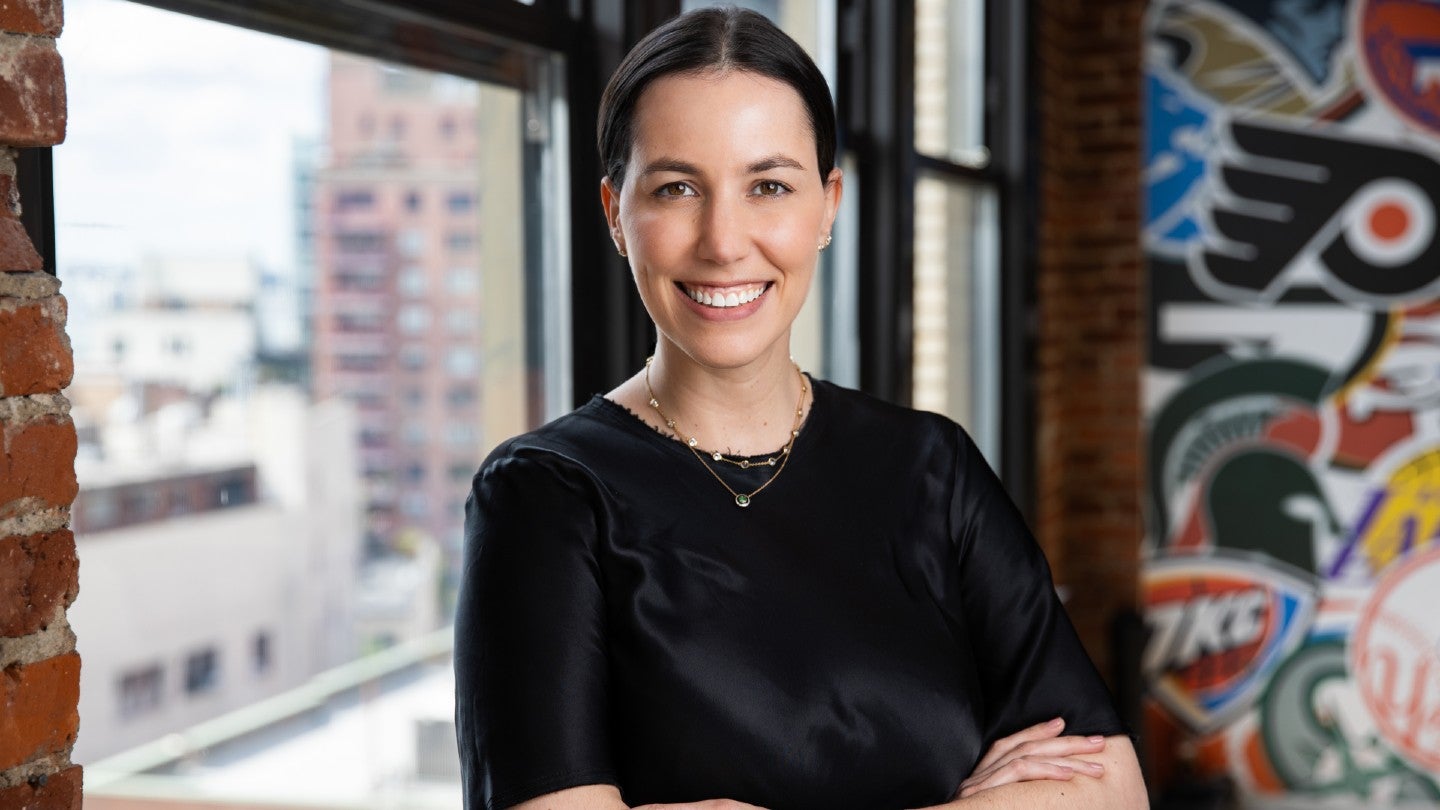In 2023, club-level Spanish soccer went through a metamorphosis. LaLiga, the organizer of its titular top-two divisions, shed its long-time title sponsor Santander in favor of a new naming rights partner, video game giant EA Sports. With that change came a raft of innovations.
Alongside the new names, the newly christened top-tier LaLiga EA Sports and second-tier LaLiga Hypermotion have also received entirely new graphic identities and broadcast setups, revolutionizing the look of a competition that had been stagnant for several years beforehand. The league manages its broadcasts in-house, which it then sells to broadcasters domestically and internationally on one live feed ensuring a strong, uniform, and well-invested product for TV consumers.
This setup, whilst enhancing the commercial viability of the league for the new digital age, has also seen LaLiga’s constituent teams reap commercial benefits, as the more they contribute to the growing commercialization of the league, the greater portion of annual club funding they will receive the following season.
All this is derived from a new system instituted by LaLiga where clubs are awarded points for a list of optional tasks that enhance the matchday broadcast experience. From offering executives and playing staff up for interviews, to pitch and dressing room access for broadcasters.
The teams that accrue the most points through the season (there is a maximum of 40 points per game week and a total limit of 500) will receive the highest portion of the funds that have been cordoned off for allocation to teams on this basis solely.
As one of the traditional big five leagues in Europe, and boasting major clubs of historical and cultural significance to soccer such as Real Madrid and Barcelona, LaLiga has always had the pieces to make a strong commercial product, and now the league is equaling that with a broadcast product equally as strong.
At a recent media session in London, Keegan Pierce, LaLiga's newly appointed director of international relations, and the league's head of content and programming Roger Brosel explained why these advancements are necessary and what they bring to what is already an eminently popular competition.
What was the core driver behind the revolution of your broadcast product ahead of the 2023-24 season?
Roger Brosel: “This season didn't start last August [2023], but 12 months before that because we already knew that we were going to be changing the title sponsor, moving from Santander, which was not directly a sports brand, to EA Sports, which gave us a lot more organic opportunities to do stuff with them. So since we already knew that we needed to do this change of title sponsor, we also wanted to do a complete graphics change in the match broadcasts because we had the same graphics for seven seasons.
“We wanted to create some graphics that could stand the test of time [so] when we want to change them in eight years or seven years, we're still feeling that these are still current and not look outdated. [For example] sizes were very important because now we've got data that around 25% of the fans connect to any games through a mobile device. So, we wanted a bigger font that could be easily easy to read on mobile devices with smaller screens.”
How important is it for your relationship with sponsors such as EA that you have such a strong broadcast product?
RB: “When it comes to the match broadcast, what sponsors appreciate the most is the flexibility that we have in not only offering them visibility, which is now floor zero of an agreement, but they want to have more content and be able to be integrated into how the viewers connect with that. That's why [we utilize] all the EA Sports graphics, and they appreciate that so much because it's not only splashing the logo on the screen, which is great, but it's adding a layer where the sponsor is part of the game like in the lineups for example.
“Microsoft is another partner, sponsoring [the league’s statistics initiative] Beyond Stats. All the spectacular graphics with app-specific data are sponsored by Microsoft so it made sense for them to not only receive visibility, but be incorporated in the match broadcast in an original way that is meaningful for fans.”
Keegan Pierce: “The real driver of this is the demands we make of ourselves. If you're a global sports rights property, and you're not thinking ahead about how you can cater to partners of all types, and you're waiting for the call to come from a partner telling you to change or to refresh your broadcast product, you're doing it wrong.
“You need to make sure that you have a vision of how you can get ahead of demographic and consumption changes, understanding how to cater to your clubs better as well. One of the great things about [our] system is that it's all thought of from the perspective of a club, the incentives, the points, the fact that it's a request, understanding what areas may be difficult for clubs to be able to offer on regular basis.
“You need to create space for partners, but you also need to have your own vision of where the trends in the industry are going and offer them to be part of that story as opposed to reacting to requests that come from partners.”
Knowing that you’ve done so much to enhance the broadcast product, how has your perspective changed for the future when you have to go and shop LaLiga rights internationally?
KP: “It puts us in a strong position. You're able to tell your broadcast partners that you're offering something that responds to their own business models and some of the business challenges that they're facing. Whether it's retaining subscribers, distributing better across different devices, or accessing new demographics, you want to make sure that the improvements that you've made fit with some of the challenges and objectives that your broadcast partners are coming to you with, and that they understand that you're spending as much time and energy thinking about those challenges as they are within their own organizations.”
Domestically, DAZN is one of the league’s two big broadcast partners. The service has been expanding its so-called ‘freemium’ offerings as of late with new free-to-air offerings. How important is your own free-to-air mix and is that something you are considering expanding as viewership habits change?
KP: “Broadly speaking, you need to always have a component of a free-to-air, or at least a free distribution model, as part of your strategy. Particularly when you're looking to make for a more robust viewer acquisition funnel. In [the UK] as soon as we announced the three-year deal with Premier Sports, there was the ITV [free-to-air] agreement that was put in place at the same time.
“DAZN are great partners who've entered domestically and have really been a driver of a lot of the innovations that we've seen here […] and they're obviously partners of ours in multiple other markets, aside from being one of our two domestic partners. How we do the more ‘freemium’ or free exposure model is something that needs to also adapt to the reality in every market where we're offering our rights.”
RB: “We share the same mentality [as] the guys at DAZN. They want to make a significant change in the way they offer the content to their audience. So we are very much aligned with this vision because we are also a competition that is always trying to find new ways to connect with that. That's why we invest a lot in production and try new things all the time.”
What challenges has this new broadcast outlook faced, and how have you managed to circumvent them thus far?
RB: “We only started selling the [LaLiga] rights collectively in season 2016-17. The [English] Premier League has been operating in a collective way since 1992. We only started in 2016. Before 2016, We had zero regulations in place when it came to match production, zero. So it was all down to the clubs and the domestic broadcaster who was producing [each home game for each club]. It was a total mess commercially exploiting LaLiga.
“So when we introduced the first regulations that were put in place, we moved from zero regulations to 200, and we thought ‘Wow, clubs are going to kill us. It's going to be mayhem.’ To our surprise, in the first three months, we had very few penalties because most of them understood that the change was necessary and that we could not compare ourselves to other top leagues with zero regulations.
“So the clubs adapted very well to that change of a scenario that we thought was going to be dramatic. And we also thought ‘Okay, let's see how these rewards programs are going to go. Let's see by half of the season if the teams are not performing or not getting to their objectives if they want to still collaborate and do stuff that enhances the match feed,’ but that hasn't happened either. The fact that we are the ones doing the production and that we have direct weekly contact with all of them, there is a trust that has been built for many years.”
KP: “Understanding the importance of governance. When it comes to really offering a world-class broadcast product you don't do this just with agreements and cameras, you need to do it with an understanding amongst clubs that we're really in this together and that our collective success is based upon offering a better broadcast product to our domestic audiences and to the rest to the world. So tackling those governance challenges and being able to put forth a solution that works for everybody on most days is a really important component.
“I point back also to the idea of a cultural change. That this is not just about ‘Hey, what can we do this season?’ It's [about] how can we lay the groundwork for a different mentality from all of the protagonists, whether it's staff at clubs, players, managers, or the broadcasters themselves to understand that this access [and] innovation is normal. It's necessary in a competitive content landscape where we're not just competing against [soccer] or against other sports, we're competing for minutes of people's time. And to do that you need to always be willing to push the envelope.”


